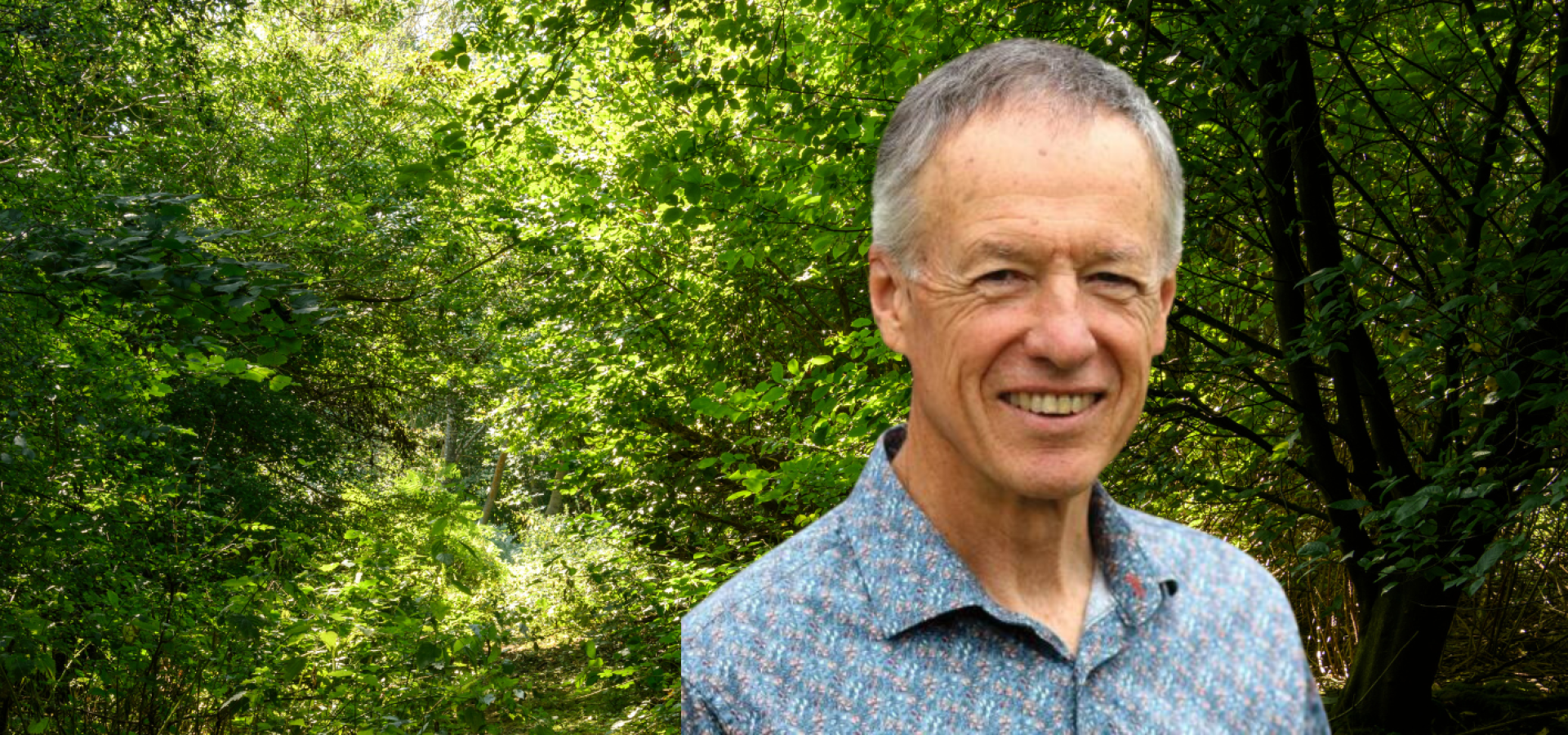How business organizations can learn from the wisdom of First Nation peoples
Australian author Andrew O'Keeffe says that business organizations can learn from the leadership wisdom of First Nation peoples.
by Mike Smith
Australian author Andrew O’Keeffe drew on the wisdom of First Nation societies when he addressed an online webinar of Initiatives of Change in Business and the Economy (ICBE) on 10 May.
O’Keeffe wrote his new book First Leaders (2023) (www.firstleadersbook.com) following his visits to 11 First Nation societies around the world. He had been motivated to investigate their leadership wisdom after being with Maasai elders in Kenya in 2016. His investigations took him from central Australia to the Bushmen of the Kalahari, the Amazon, the Pacific coast of Canada, and Mohawk in Eastern Canada whose traditional lands are most of upstate New York.
His meetings led him to reflect on what common First Nation principles business leaders could draw on for their organizations. ‘In the early days of workplace leadership practice, captains of industry ignored the wisdom of First Nation peoples,’ he said.
He distilled their principles into three headline thoughts:
Who gets chosen to be leaders?
What is the role of followers?
Organizational design.
Answering his first question, he said that those who had ‘the overwhelming attribute of respect for others’ get chosen as leaders in First Nations. They should be ‘capable and wise’ and have ‘discipline that is strong in their make-up’. In other words, ‘behaviours that generate respect’, including ‘a calm temperament, generosity of spirit, giving individuals the benefit of the doubt, and being a big listener.’ While respect for people is generally accepted as a key leadership attribute in business, ‘The impressive aspect in First Nations is the discipline they apply in only choosing leaders who have this attribute,’ he said. ‘Even in hierarchical societies, the leader next in line will be skipped if they don’t have respect for others in their make-up.’
Secondly, he spoke about ‘the huge power of followers’ in choosing their leaders. In First Nations, the followers decide their leaders, he said. In the Maasai tradition ‘a group of warriors decides their leader’ guided by the elders, while for Mohawk the clan mothers decide their chief.
O’Keeffe suggested that ‘we can follow that practice in the workplace: team leaders and divisional leaders chosen by the people who have a lot invested in the selection of an effective leader.’
Thirdly, when it comes to organizational design, we too easily design defunction, O’Keeffe said. In First Nation traditions, family groups of five, six or seven aggregate in groups of up to 50 to 150 people. The ‘sweet spot’ of 80 to 100 people is best, he suggested. Societies organised above the village, such as at the divisional or nation level, design their society around many villages. Organizations following this lead design their workplaces around teams of roughly seven people aggregated into departments of no more than 150 people. Large organisations have many ‘villages’. He said that any organizational structure with more than 150 people at the departmental level was too big.
During the Q&A that followed, Northern Ireland businessman Peter Brew said that all stakeholders in organizations should have a say in the leadership. But he questioned whether the First Nation wisdom approach would really work in big corporations, where investors and directors, not employees, choose their leaders. He implied that the First Nations approach would work for SMEs (small and medium sized enterprises) but not for big corporations.
In closing, O’Keeffe thanked the First Nations communities who warmly welcomed him to visit their communities, attracted to the idea that workplace leaders might benefit from their people’s wisdom.
The 90-minute online webinar was organized and hosted by Antoine Jaulmes in Paris, a former car industry executive, who is now a consultant in industrial and business ethics and the convenor of ICBE. It drew participants from around the world.
This article was originaly published on Mike Smith Website
